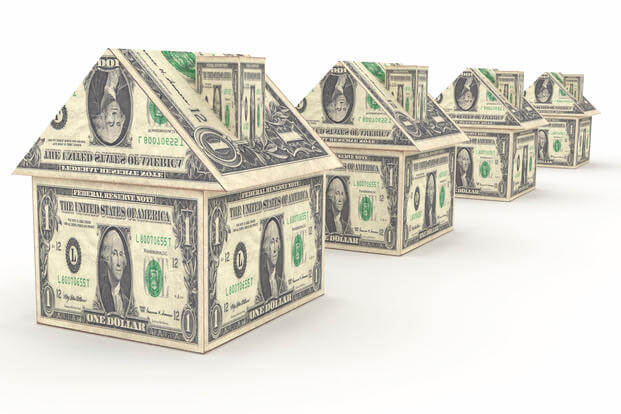Basic Allowance for Housing rates are going up by an average of $54 per month for service members nationwide next year, the Defense Department announced today.
Despite the increase, the new rates, which hit January 1, reflect a recent change by Congress that reduces by two percent the amount of a service member's housing expenses the entitlement is meant to cover. Rather than reflecting the entire price of housing, 2016 BAH rates were calculated to cover only 98 percent of the cost of housing and average utilities, officials said.
BAH rates are recalculated yearly using a snapshot of local housing costs in each housing region. While some areas as a whole or some paygrades within a specific area may see a substantial increase in their rate, other regions may experience a decrease.
Troops who live in an area set to receive a BAH rate increase will receive the new, higher rate. Those living in an area that will face a rate reduction in 2016 are grandfathered into the old rate until they leave the area or change rank. If they are promoted and their new rank receives a lower rate, they will continue to receive their old, higher rate.
Among the areas receiving the largest increase this year is Seattle, Washington, which will receive a 13.3 percent average BAH increase or an increase from $1,815 for an E-4 with dependents to $2,073.
Boston, Massachusetts, is set to receive a 13.9 percent average increase, up from $2,538 for an E-4 with dependents to $2,904.
Among the largest reductions are the rates in Honolulu County, Hawaii, which will face an 8.6 percent average rate drop for incoming troops, and Minot Air Force Base, North Dakota, which will see a 6.5 percent average drop. Minot had previously seen an almost 40 percent rate increase in 2012 due to a housing shortage caused largely by a local oil boom.
The slight average uptick in payments for 2016 comes as Congress plans to further cut the rate over the next several years. Lawmakers plan to reduce the rate by one percent per year until it covers only 95 percent of troops' housing costs.
A separate plan tabled during the 2016 National Defense Authorization Act process would have slashed BAH payments to dual-military couples, forcing them to receive only one BAH payment. But that proposal, which would also have impacted non-married troops who share housing off base, could receive fresh consideration during the 2017 NDAA process next year.
-- Amy Bushatz can be reached at amy.bushatz@military.com.






























